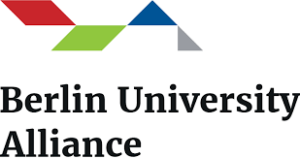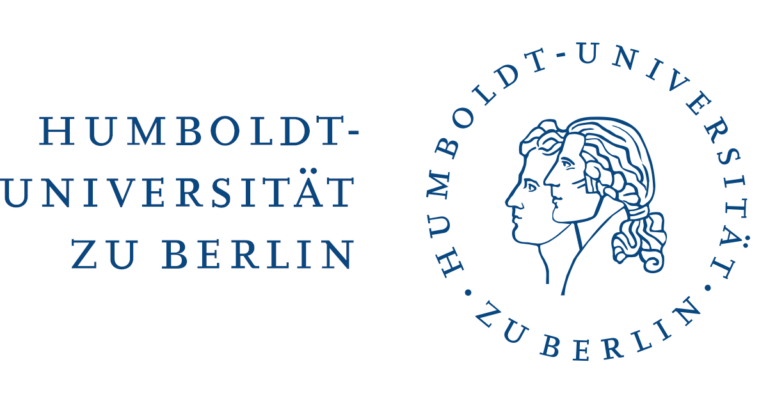PostColonialities Lab is a space for critical thinking and collaborative research. Founded in 2023 by a group of postdocs based at different academic institutions in Berlin and sponsored by the Berlin University Alliance, it aims at offering an intellectual home bridging our interests and areas of expertise across universities, disciplines, knowledge formations, and genres of critique.
Our understanding of PostColonialities is that of an umbrella term encompassing multiple epistemological and methodological approaches to modernity, knowledge, society, and culture, to which colonial power and the ensuing inequalities and resistances are integral. Pluralizing coloniality and merging it with the “post” signals our attempt at reconciling post-, de-, and anticolonial approaches beyond a mere time concept. This reconciliation is in conversation with, and inspired by, key theoretical genealogies critical of colonialism such as Black Studies, Indigenous Epistemologies, Critical Area Studies, Gender and Queer Studies, Critical Race Theory, and standpoint theoretical approaches, including feminist and migrant situated knowledges. PostColonialities Lab is thus inter-, trans- and anti-disciplinary, as are the profiles of our members.
An important feature of our agenda is to foster horizontal exchange with researchers from, or situated in, the Global South and East, categories requiring constant scrutiny. We explore different formats for collaborative research within and beyond the university, interweaving knowledges as a way of engaging in mutual learning processes that go hand in hand with solidarity instead of solitary modes of knowledge production.
Please do get in touch if you have ideas and wish to collaborate!
Members
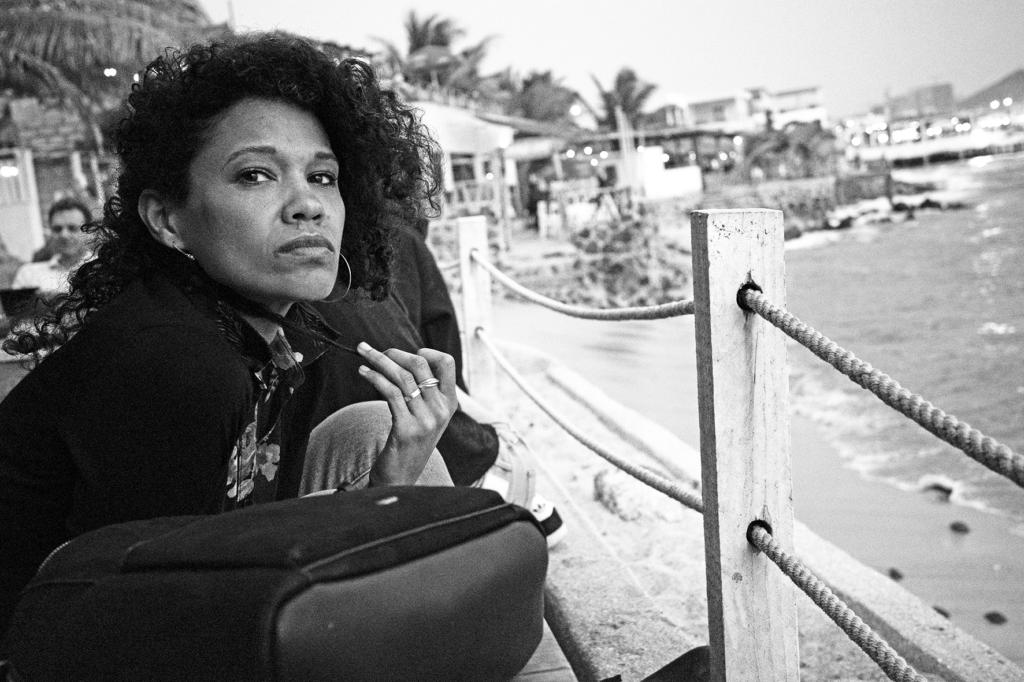
Céline Barry, Technische Universität Berlin
Céline Barry is a postdoctoral researcher at the Center for Interdisciplinary Women’s and Gender Studies (ZIFG) at TU Berlin. She teaches and researches feminism, racism, and intersectionality in postcolonial contexts. Her goal is a politicized social research practice that starts in the everyday, allows for creative forms of expression, and provincializes academic knowledge. In her research, she engages sociologically with African and Black feminist movements and theories that she considers to be indispensable for profound decolonization processes. A materialist perspective that incorporates the critique of the neocolonial political economy and imperial ideologies guides her analysis. Céline is a board member of FG DeKolonial e.V., an association for antiracist, postcolonial, and decolonial theory and practice and part of the North-South research network Afrofeminist Perspectives on Migration.
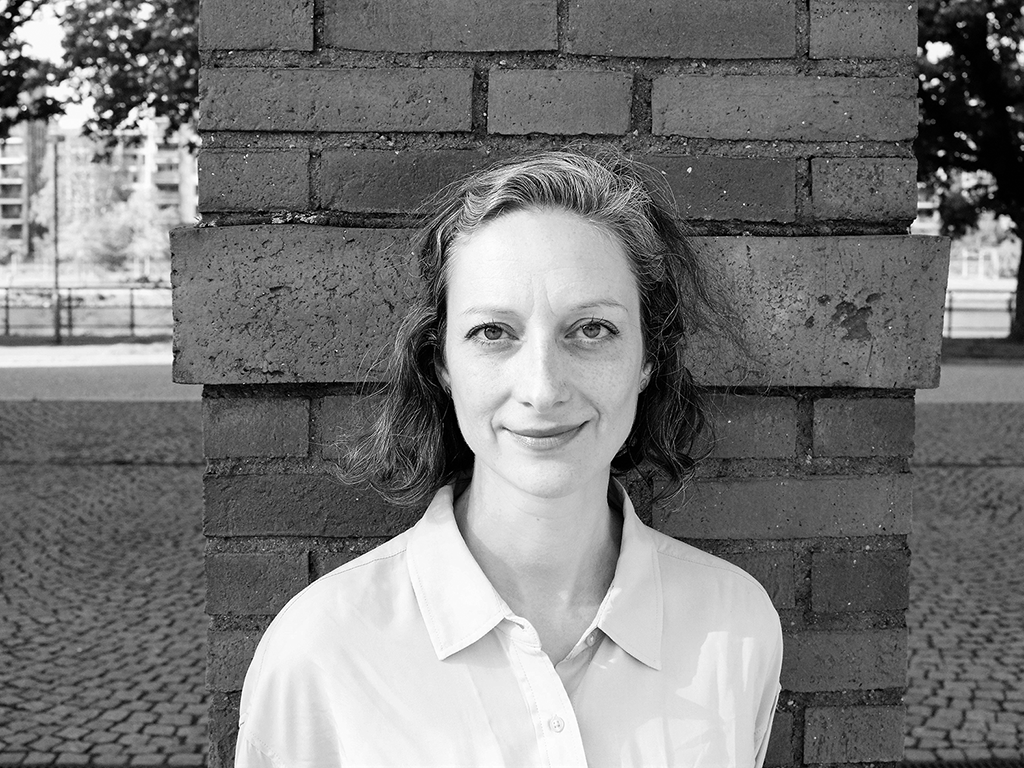
Jeanette Ehrmann, Humboldt-Universität zu Berlin
Jeanette Ehrmann is a postdoctoral researcher and lecturer at the Department of Social Sciences at Humboldt-Universität zu Berlin where she works at the research and teaching unit Political Theory. She received her a PhD in Political Science from Goethe University Frankfurt with a dissertation on the Haitian Revolution. Previously, Jeanette was a visiting
researcher at Northwestern University, the University of Oxford, the
Hannover Institute for Philosophical Research, at Universidad de
Antioquia Medellín, Université Paris 1 Panthéon-Sorbonne and Université
d’État d’Haїti. Her current work connects postcolonial feminist
perspectives in democratic theory with migrant-situated knowledge and
ethnographic methods to explore democratic horizons beyond Western
liberal democracy’s crisis.
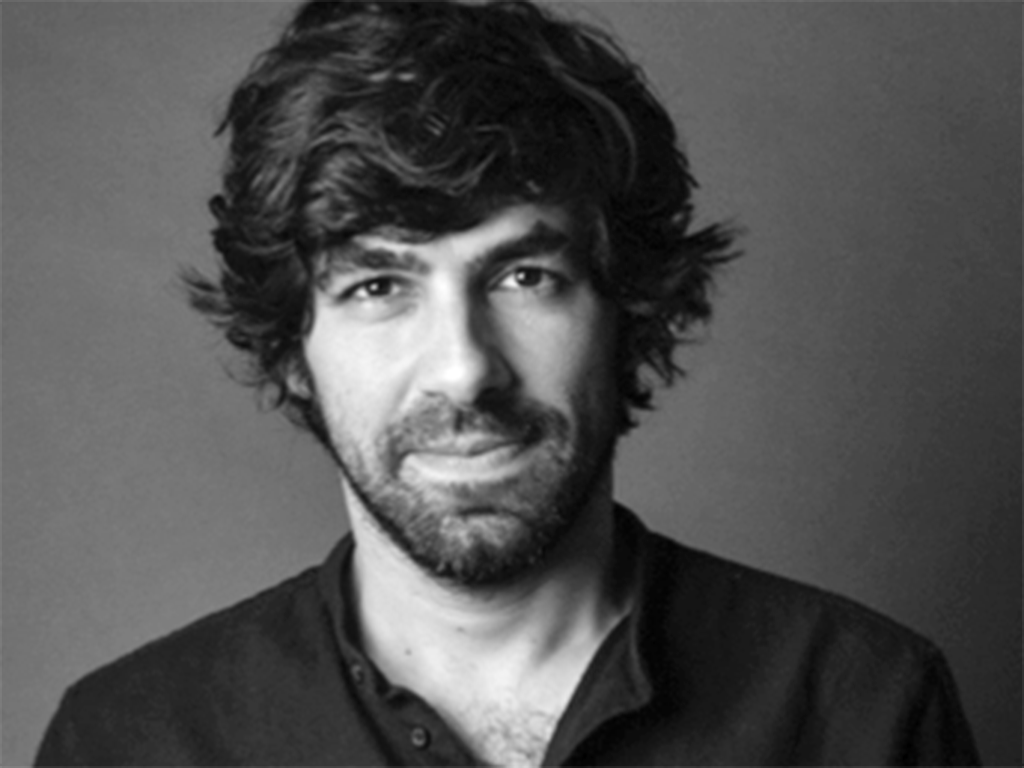
Onur Erdur, Humboldt-Universität zu Berlin
Onur Erdur works as a postdoctoral researcher at the Department of Cultural History and Theory at Humboldt-Universität zu Berlin. He holds a PhD in History (Zurich) and a MA in Anthropology and Political Science (Freiburg). In his current project, Onur examines the colonial origins of “French Theory”. His main research and teaching interests include Global Intellectual History, Migration and Postcolonial Studies, and History of Knowledge.
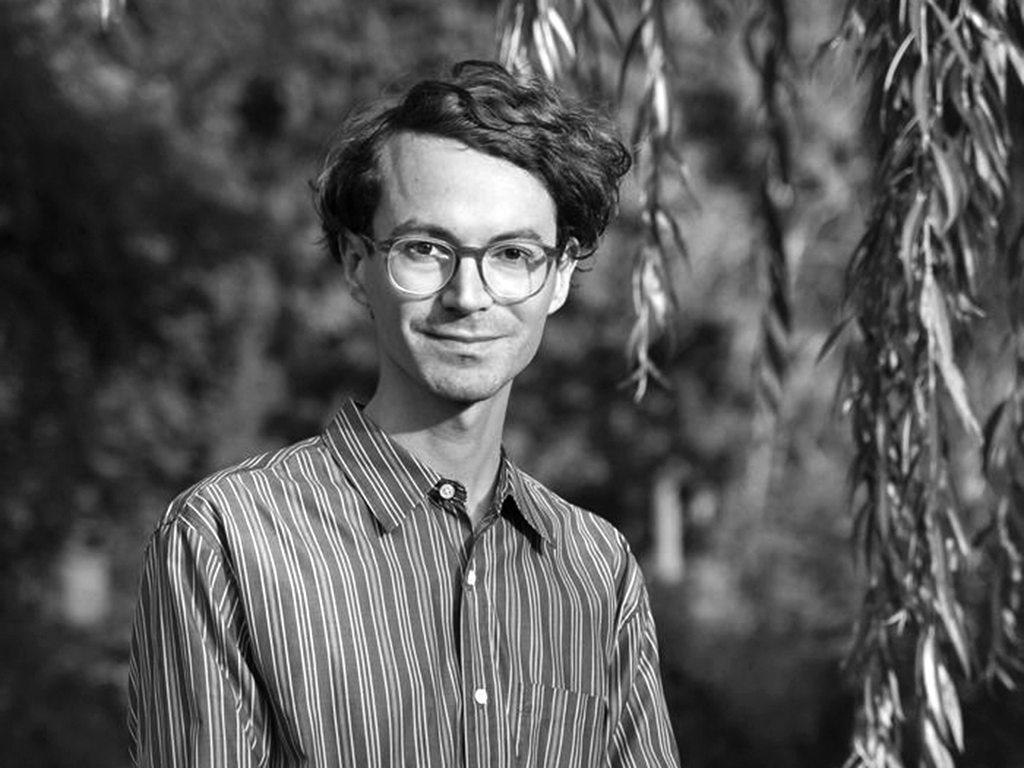
Fabio Santos, Freie Universität Berlin
Fabio Santos is a postdoctoral researcher and lecturer at the Institute for Latin American Studies at Freie Universität Berlin. He earned his Ph.D. in Sociology in 2019 from the same institution upon completion of his dissertation about entangled inequalities in the French-Brazilian borderland (Bridging Fluid Borders: Entanglements in the French-Brazilian Borderland, Routledge, 2022). After two visiting professorships at the University of Vienna (International Development) and Aarhus University (Global Studies), his current work focuses on the Caribbean and combines ethnographic and (counter) archival methods to retrieve non-hegemonic positions and make them central to global, decolonized, undisciplined scholarship.
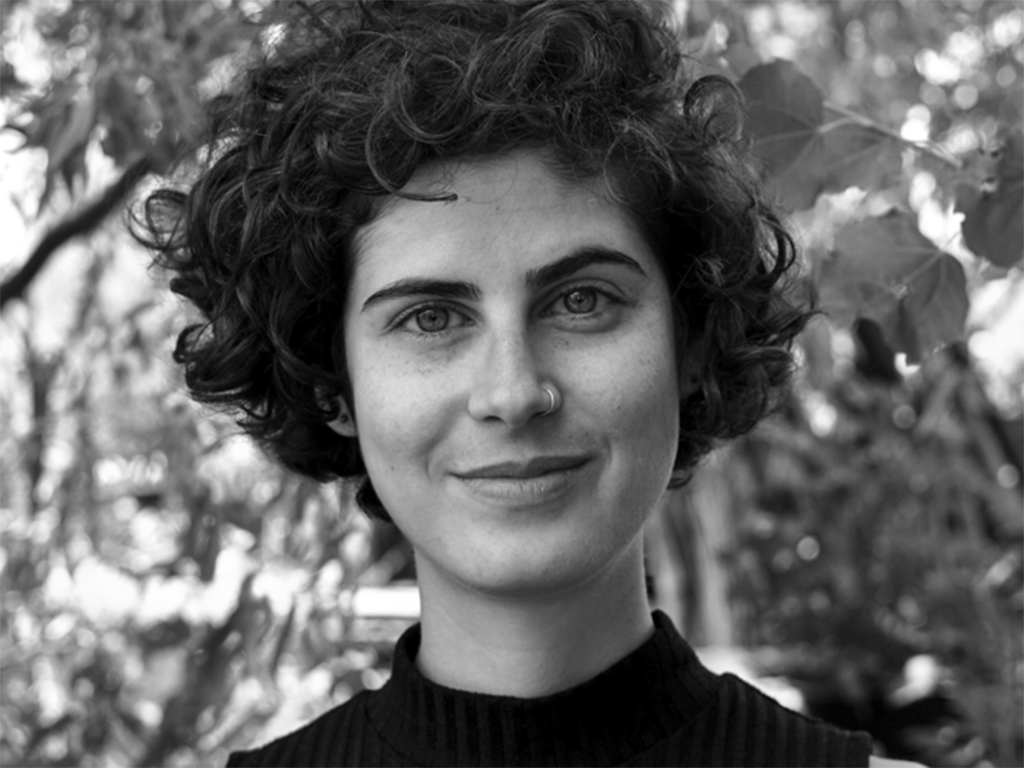
Juliana M. Streva, Freie Universität Berlin
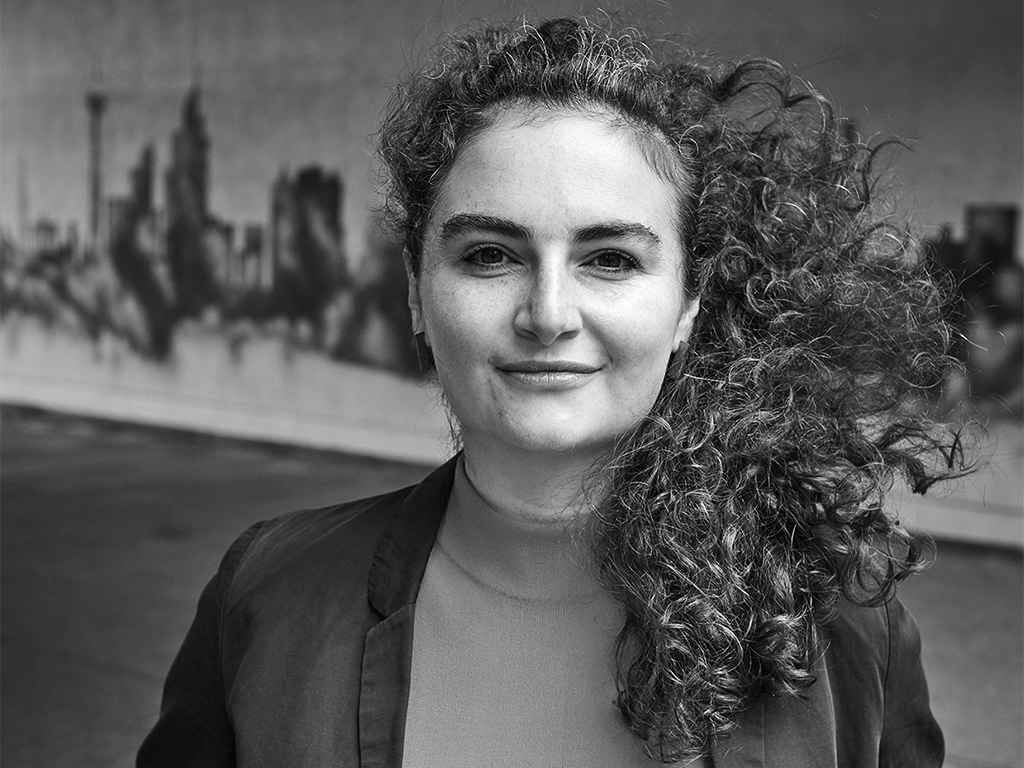
Veronika Zablotsky, Freie Universität Berlin
Upcoming Events
October 31 | 2023
The Trap of Capitalism, Racial or Otherwise
A workshop with Gurminder Bhambra (University of Sussex)
in collaboration with the research unit Political Theory
Department of Social Sciences
Humboldt University Berlin
Time: 9:00-11:30 am
Location: will be communicated upon prior registration (shk.theorie.politik@hu-berlin.de)
October 31 | 2023
Varieties of Empires, Varieties of ColonialismPublic lecture by Gurminder Bhambra (University of Sussex)
in the Politics Lecture Series
organized by the Department of Social Sciences
Humboldt University Berlin
in collaboration with the research unit Political Theory
Time: 12-1 pm
Location: Humboldt University Berlin, Department of Social Sciences, Universitätsstr. 3b, room 002, 10117 Berlin
Past Events
June 21 | 2023
African Feminisms and Decolonization. A Matinee with Hakima Abbas (Accra)
in collaboration with the Center for Interdisciplinary Women’s and Gender Studies
Technical University Berlin
Time: 10-12 pm
Resources
Associations & Network
Teaching & Research Resources
